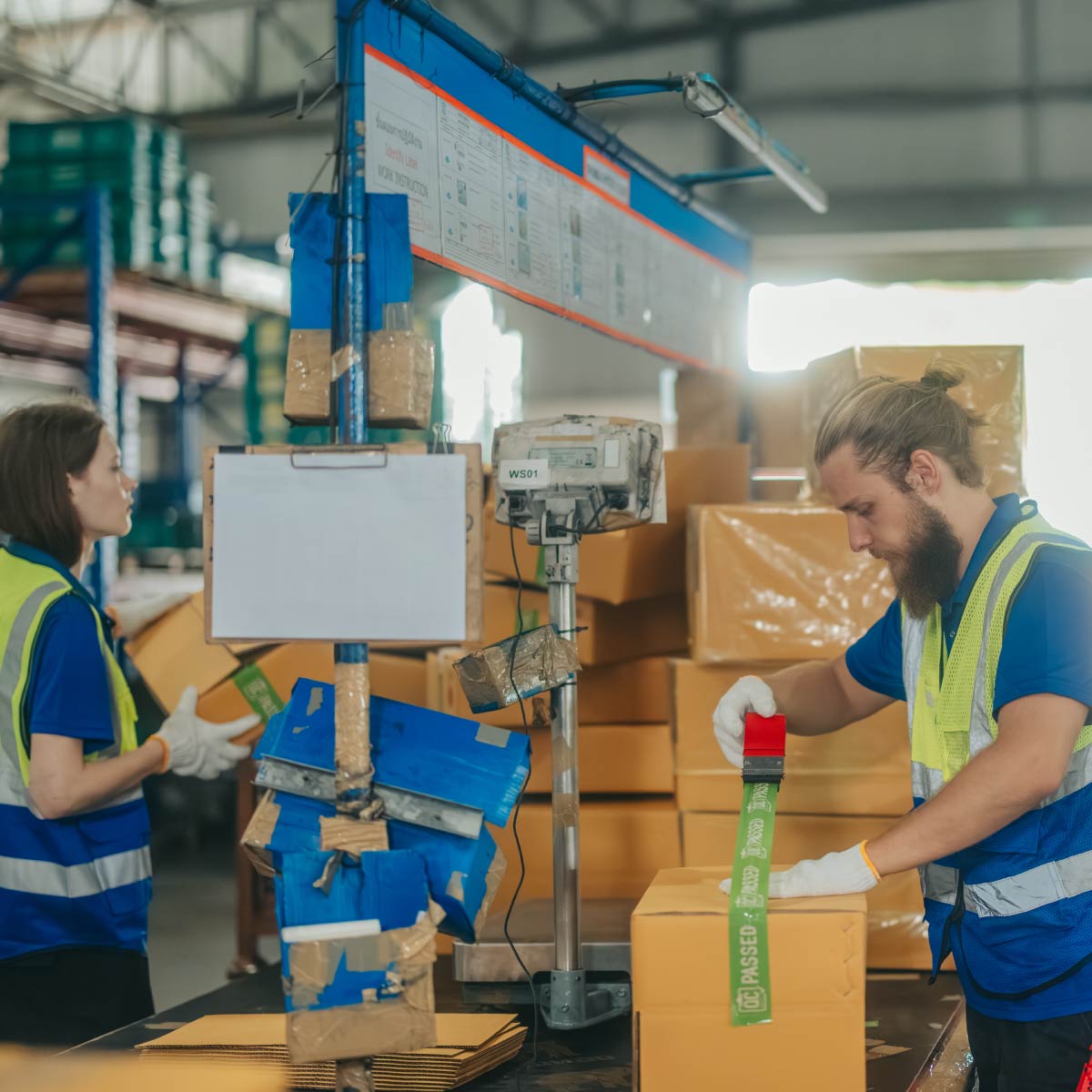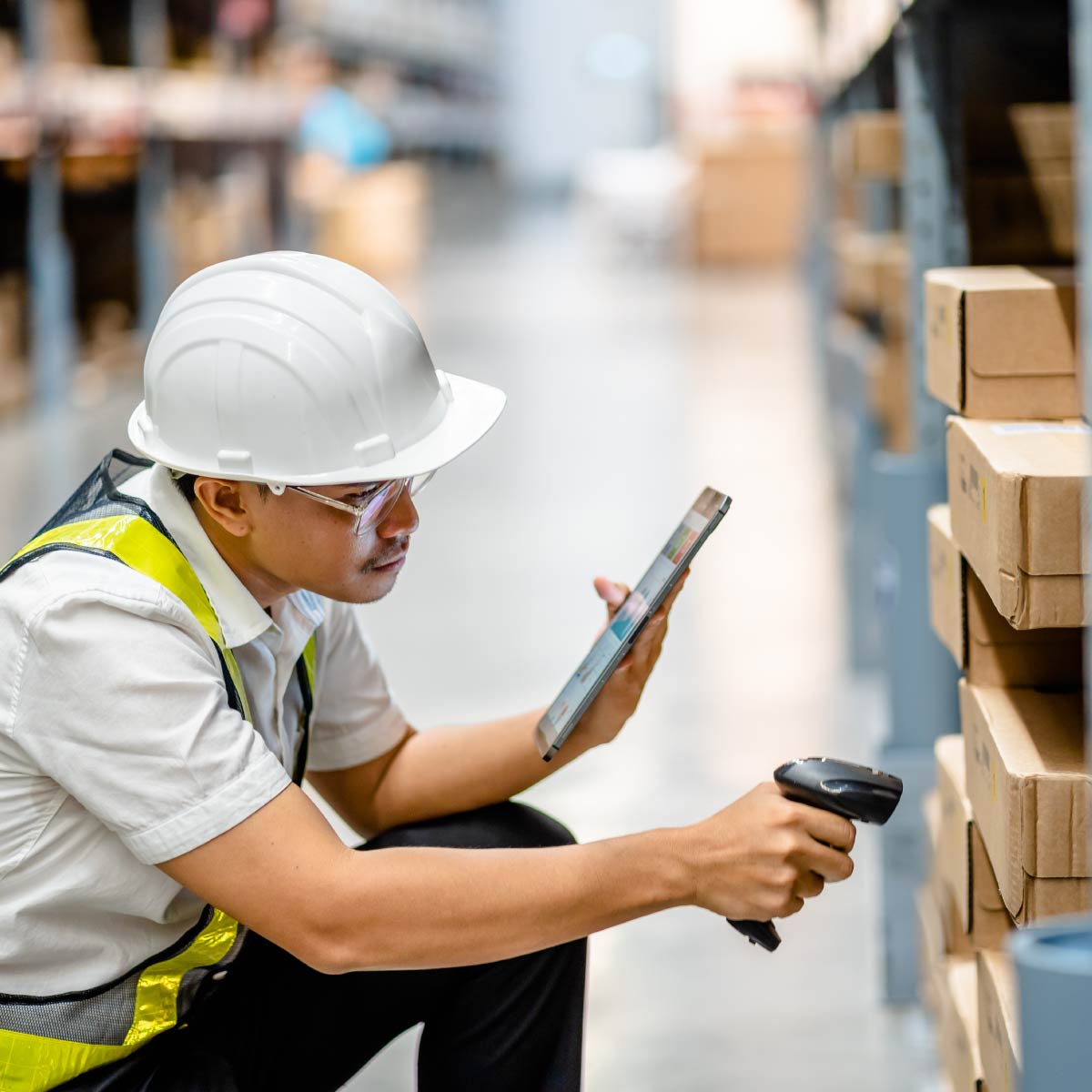Reverse Fulfilment: How It Works

When we think of logistics, the traditional concept that comes to mind is forward logistics – the process of getting products from manufacturers to consumers. However, there’s another crucial aspect of the supply chain that often goes unnoticed but is equally significant: reverse logistics, or reverse fulfilment. This process involves managing the return of products from consumers to manufacturers.

How Reverse Fulfilment Works
Reverse fulfilment, as a part of the broader field of reverse logistics, involves a series of processes designed to handle products moving backward in the supply chain. Here’s an overview of how it works:
- Returns Authorisation: The process often begins when a customer requests to return a product. Companies typically have return policies in place, which may vary depending on the reason for the return, such as defects, dissatisfaction, or damaged items.
- Product Inspection: Once the returned product arrives at the designated return centre or warehouse, it undergoes a thorough inspection. This step is crucial to determine the product’s condition, whether it can be resold, refurbished, or if it needs recycling or disposal.
- Disposition Decision: Based on the inspection, a disposition decision is made. If the product is in good condition, it may be resold, possibly as refurbished or discounted goods. For damaged or defective items, the decision may be to refurbish, recycle, or dispose of them responsibly.
- Restocking or Refurbishing: Products deemed resaleable, with minimal defects or wear, can be restocked for resale. Others might undergo refurbishment or remanufacturing to bring them back to a sellable condition.
- Recycling or Disposal: Products that cannot be repaired or refurbished are typically directed toward recycling or disposal processes. These can include recycling electronics, responsible disposal of hazardous materials, and ensuring compliance with environmental regulations.
- Warranty Recovery: In cases where returned products are still under warranty, companies may recover costs by refurbishing and reselling them, or by salvaging usable parts.
- Data and Reporting: Throughout the process, it’s crucial to collect and analyse data. This helps identify trends in returns, determine the root causes, and make operational improvements to reduce returns in the future.
- Sustainability Initiatives: Many companies are increasingly adopting sustainability initiatives in reverse logistics. This includes minimising waste, optimising transportation routes to reduce carbon footprint, and ensuring products are disposed of responsibly.
- Communication: Effective communication with customers is essential in the reverse fulfilment process. Keeping customers informed about the status of their returns and providing timely refunds or replacements is crucial for maintaining their trust.


What are the Risks of Reverse Logistics
- Reduced Value: Returned products may lose value, especially if they are no longer in pristine condition. This can result in financial losses for companies.
- Customer Satisfaction: Poorly managed returns can lead to dissatisfied customers. A smooth and hassle-free returns process is crucial for maintaining customer trust and loyalty.
- Regulatory Compliance: Handling returns, especially for certain product categories like electronics or hazardous materials, requires strict adherence to environmental regulations. Non-compliance can result in legal troubles.
- Complexity: Reverse logistics can be far more complex than forward logistics due to the variable conditions of returned products and the multitude of potential destinations.
GFS Fulfilment: Your Reverse Logistics Partner
GFS Fulfilment, with over 50 years of eCommerce order fulfilment expertise, can be your trusted partner in navigating this complex landscape.
Partnering with GFS Fulfilment ensures your customers receive exceptional service, not only during the initial purchase but also during the returns process. We help you save time, reduce expenses and provide expert support with bespoke solutions for your business growth.










